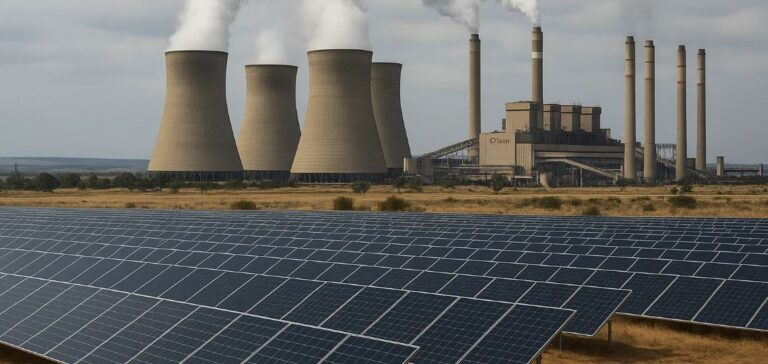State-owned electricity distributor Eskom Holdings SOC Ltd. issued a call for tenders on 14 April to select a company specialised in creating structures dedicated to renewable energy. This move forms part of the South African company’s broader transformation strategy, aimed at improving operational flexibility and strengthening its position in a rapidly evolving energy sector. Candidate proposals are expected by 7 May 2025.
A call for expertise to structure an independent subsidiary
The 12-month contract will cover all stages required for establishing the subsidiary, including legal and financial structuring, the formation of public-private partnerships (PPPs), and the development of projects for independent power producers (IPPs). Eskom stated that the new entity will operate independently, with separate governance and a focus on commercial efficiency and competitiveness.
Interested firms must demonstrate proven expertise in the renewables sector, particularly in developing viable business models and securing funding for large-scale projects. The prospective subsidiary is intended to catalyse private sector engagement while boosting production capacity from non-carbon energy sources.
Structural transformation aligned with energy diversification
Eskom Chief Executive Officer Dan Marokane said the initiative reflects the company’s commitment to structural reform while ensuring energy supply. He emphasised that agility and efficiency are crucial in a liberalising market, where Eskom aims to maintain a central role for both current customers and future energy users.
Over the past year, Eskom has been implementing a recovery strategy to stabilise national supply and reduce recurring power cuts, commonly known as load-shedding. This restructuring also includes diversification of its energy portfolio, integrating existing infrastructure (coal, nuclear, gas) with renewable technologies and battery energy storage systems (BESS).
An ambitious pipeline of clean energy projects
As part of its transformation plan, Eskom states it has an immediate pipeline of 2 gigawatts of projects ready for execution by 2026. Additionally, more than 20 gigawatts of projects under development are included in its clean energy portfolio, signalling a clear intent to reposition the company at the core of South Africa’s energy mix. Although at varying stages of maturity, these projects mark a significant step in Eskom’s modernisation trajectory.






















